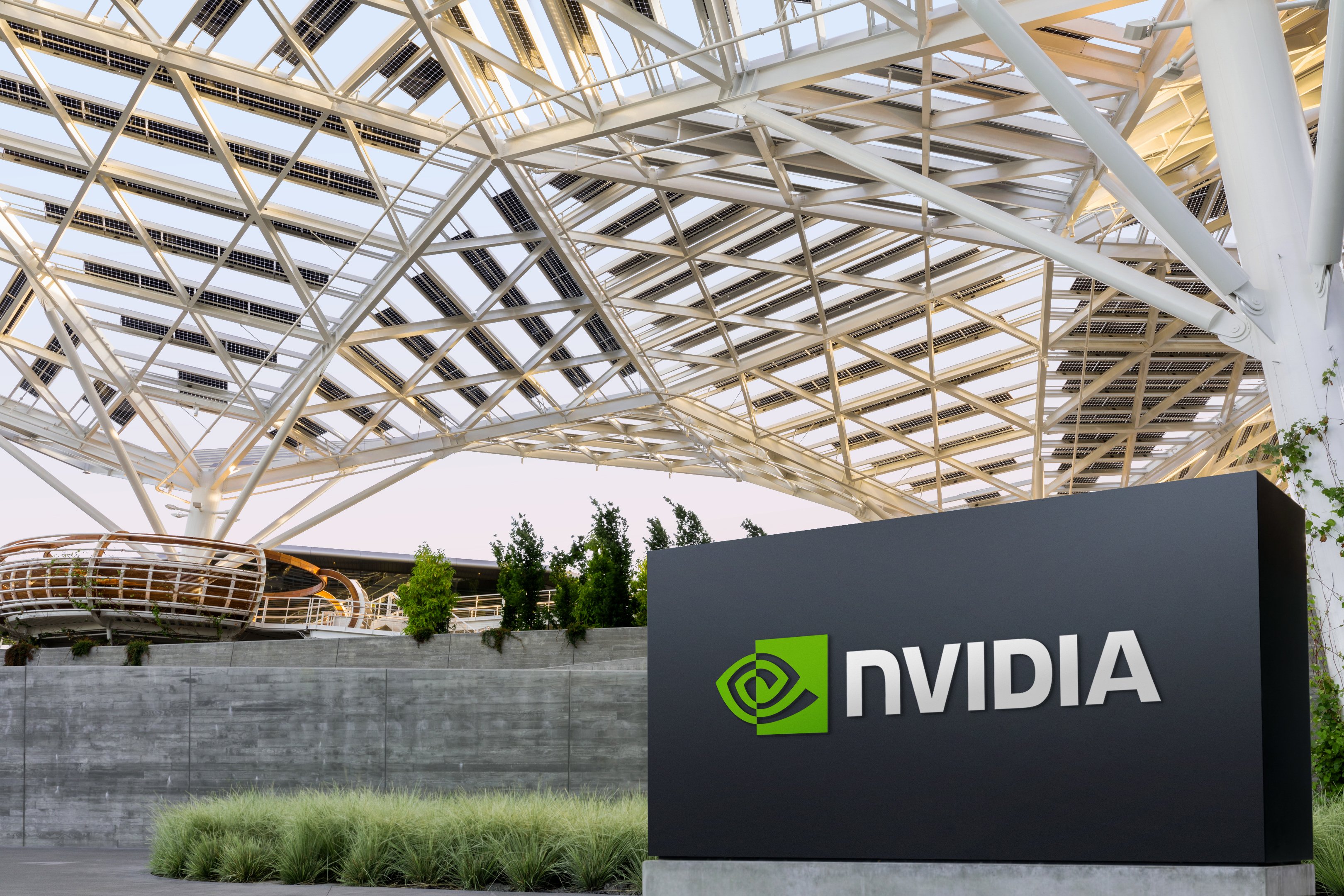Beth Kindig, technology analyst at the I/O Fund, believes Nvidia (NVDA 0.72%) will be a $10 trillion company no later than 2030. That implies 122% upside from its current market value of $4.5 trillion. But she's not the only expert with conviction in the chipmaker. Forms 13F show several hedge fund billionaires bought Nvidia stock aggressively in the second quarter.
- Ken Griffin of Citadel Advisors bought 6.1 million shares, an increase of 922%. Nvidia is the second largest position in his portfolio.
- Philippe Laffont of Coatue Management added 2.9 million shares, an increase of 34%. Nvidia is the eighth largest position in his portfolio.
- David Tepper at Appaloosa bought 1.4 million shares, an increase of 483%. Nvidia is the seventh largest position in his portfolio.
Importantly, those hedge fund managers have great track records. Their portfolios crushed the S&P 500 over the last three years, with the worst among them outperforming by 38 percentage points. That is no small feat, so investors should consider following their lead with Nvidia.

Image source: Getty Images.
Beth Kindig says Nvidia will be $10 trillion company within five years as AI spending increases
Nvidia is best known for its graphics processing units (GPUs), chips designed to perform lots of repetitive calculations very quickly. Whereas CPUs excel at running applications and operating systems, GPUs excel at rending computer graphics and accelerating artificial intelligence (AI) workloads.
Nvidia GPUs are the industry standard in AI accelerators, accounting for 90%-plus of sales, and many analysts think the company will maintain its market share through 2030. TD Cowen analysts recently wrote, "We see Nvidia's leading technology portfolio, long pedigree of innovation, and extensive growth-oriented investments driving strong accelerator growth in the coming years."
However, Nvidia's competitive advantage extends beyond building the fastest data center GPUs. The company is truly differentiated due to its vertical integration. Nvidia pairs its GPUs with CPUs, interconnects, and networking equipment to build rack-scale solutions for data centers. The company also curates a robust ecosystem of software development tools called CUDA.
Beth Kindig mentioned those aspects of its business in a note to clients last year. "We believe Nvidia will reach a $10 trillion market cap by 2030 or sooner through a rapid product roadmap, its impenetrable moat from the CUDA software platform, and due to being an AI systems company that provides components well beyond GPUs, including networking and software platforms."

NASDAQ: NVDA
Key Data Points
Nvidia is likely to maintain its leadership in AI infrastructure as focus shifts to autonmous machines
Nvidia is well positioned to maintain its leadership in artificial intelligence infrastructure as focus shifts from digital applications to physical use cases. Physical AI -- technologies like autonomous cars and robots -- will reshape the global economy in the next decade. And Nvidia provides the hardware and software engineers and developers need to build those products.
CEO Jensen Huang during his keynote speech at GTC 2025 said, "We build technology that almost every single self-driving car company uses." For instance, Tesla uses Nvidia GPUs to train models in data centers, while Alphabet's Waymo uses Nvidia platforms to train models in data centers and power decision-making in the robotaxis themselves.
Nvidia also builds technology that most robotics companies use, especially those building humanoid robots like Foxconn, Boston Dynamics, and Tesla. Additionally, Amazon -- the largest manufacturer and operator of industrial mobile robots in the world -- uses Nvidia software and hardware to train and orchestrate its robotic fleet across warehouses.
Grand View Research estimates that AI spending across hardware, software, and services will increase at 37% annually through 2030. Nvidia's revenue and earnings growth could very well match that pace. Indeed, Wall Street expects earnings to grow at 36% annually over the next three years, which makes the current valuation of 54 times sales look quite reasonable.
I think Nvidia will be a $10 trillion company before 2030 and patient investors should consider buying a small position today.









